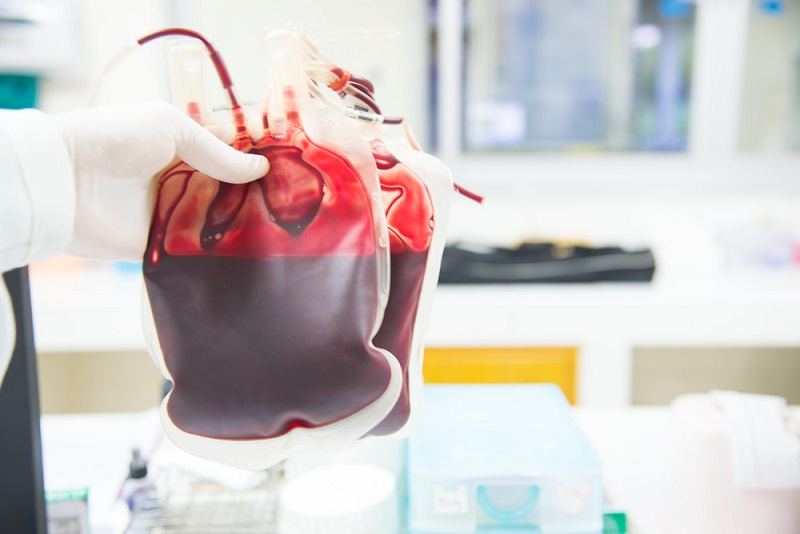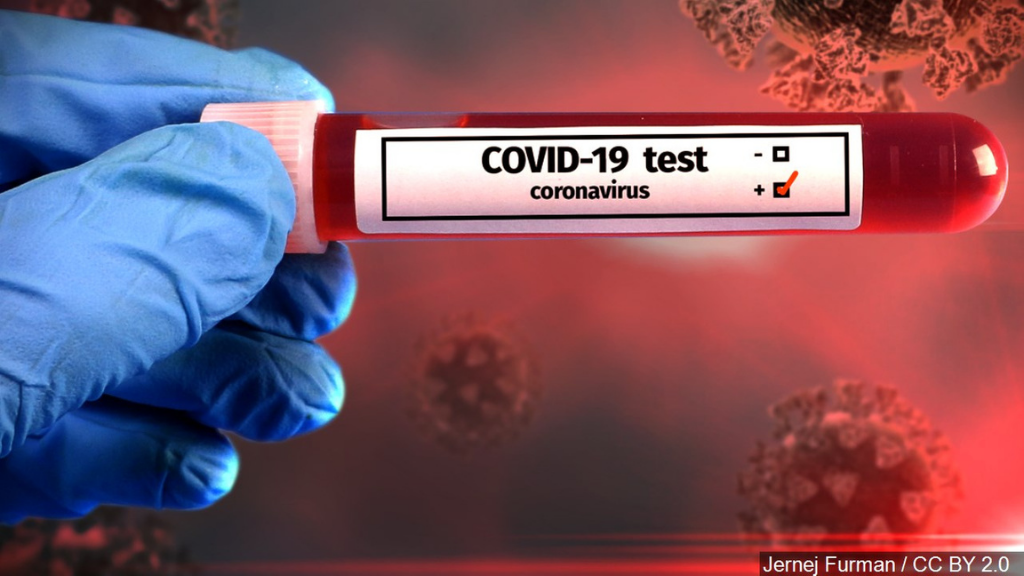

In currently pre-printed data, Zhao et al. Landsteiner’s ABO carbohydrate moieties are genetically inherited and previous reports have suggested a correlation between ABO blood type, cardiovascular disease, and cancers, as well as typing and susceptibility to certain infections, including SARS coronavirus. There have been numerous molecular level hypotheses raised for the variable susceptibility to disease and vulnerability to severe disease, such as the variable expression of ACE-2 expression in the airway epithelia. Given the significant morbidity and mortality associated with COVID-19, there has been scientific interest in eliciting data that details characteristics that may render individuals more susceptible to COVID-19 infection and determining what risk factors may be associated with progression and severity of disease from the virus. The SARS-COV2 virus has had varying effects on the global population those who are older and with comorbidities such as cardiovascular disease, diabetes, and pulmonary diseases have proven more vulnerable to severe disease. Rh+ patients were more likely to test positive.ĬOVID-19, the disease caused by the SARS-COV2 virus, has led to a global pandemic. Patients with blood types B and AB who received a test were more likely to test positive and blood type O was less likely to test positive.

Blood type was not associated with risk of intubation or death in patients with COVID-19. Rh+ status was associated with higher odds of testing positive (AOR: 1.23, CI: 1.003–1.50). Blood type A had no correlation with positive testing (AOR: 1.00, CI: 0.88–1.13), blood type B was associated with higher odds of testing positive for disease (AOR: 1.28, CI: 1.08–1.52), AB was also associated with higher odds of testing positive (AOR: 1.37, CI: 1.02–1.83), and O was associated with a lower risk of testing positive (AOR: 0.84, CI: 0.75–0.95).

After multivariable analysis, blood type was not independently associated with risk of intubation or death (referent blood type A blood type B: AOR: 0.72, 95% CI: 0.42–1.26, blood type AB: AOR: 0.78, CI: 0.33–1.87, blood type O: AOR: 0.77, CI: 0.51–1.16), rhesus factor positive (Rh+): AOR: 1.03, CI: 0.93–1.86. On univariate analysis, there was no association between blood type and any of the peak inflammatory markers (peak WBC, p = 0.25 peak LDH, p = 0.40 peak ESR, p = 0.16 peak CRP, p = 0.14) nor between blood type and any of the clinical outcomes of severity (admission p = 0.20, ICU admission p = 0.94, intubation p = 0.93, proning while intubated p = 0.58, ECMO p = 0.09, and death p = 0.49). Of the 1289 patients who tested positive, 440 (34.2%) were blood type A, 201 (15.6%) were blood type B, 61 (4.7%) were blood type AB, and 587 (45.5%) were blood type O. A total of 484 (37.5%) were admitted to hospital, 123 (9.5%) were admitted to the ICU, 108 (8.4%) were intubated, 3 (0.2%) required ECMO, and 89 (6.9%) died. Of these, 1289 tested positive with a known blood type. During the study period, there were 7648 patients who received COVID-19 testing throughout the institutions. Univariate analysis was conducted using standard techniques and logistic regression was used to determine the independent effect of blood type on intubation and/or death and positive testing. Hospitalization, intubation, and death were evaluated for association with blood type. In a multi-institutional study, all adult patients who tested positive for COVID-19 across five hospitals were identified and included from March 6th to April 16th, 2020. This study aimed to determine if there is an association between ABO blood type and severity of COVID-19 defined by intubation or death as well as ascertain if there is variability in testing positive for COVID-19 between blood types.


 0 kommentar(er)
0 kommentar(er)
